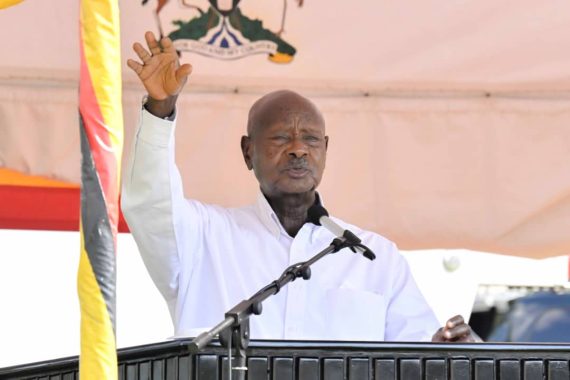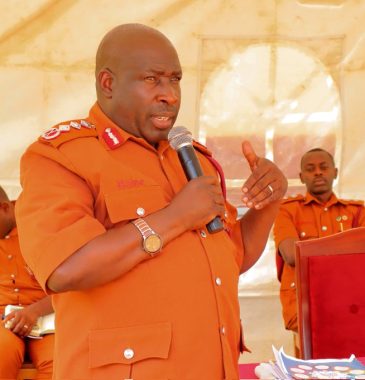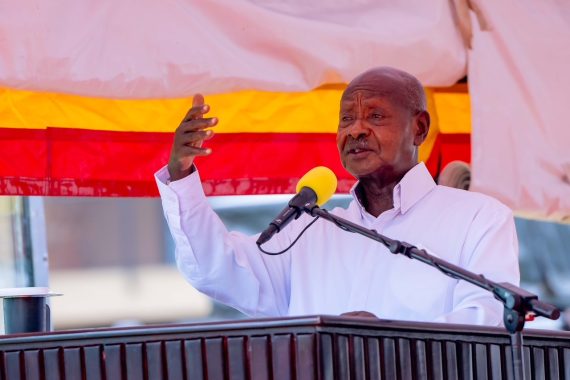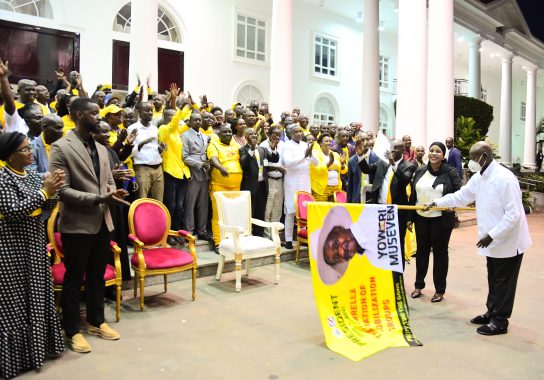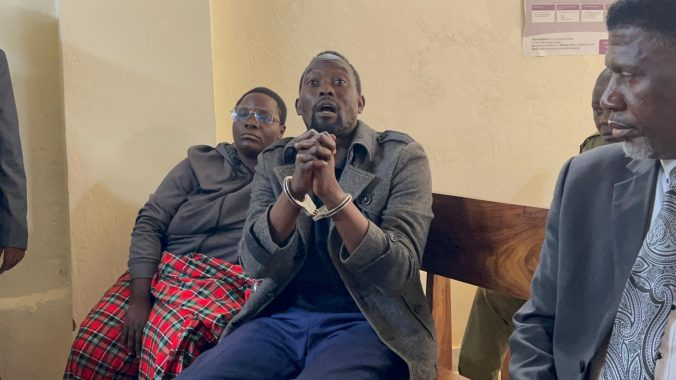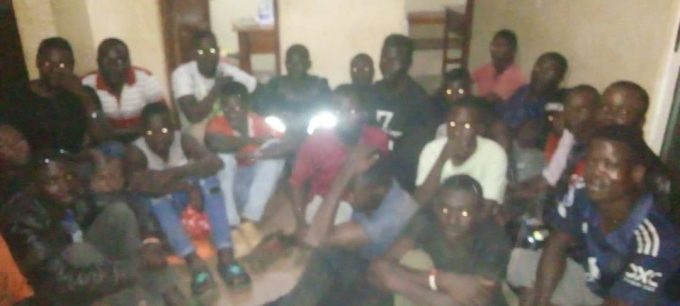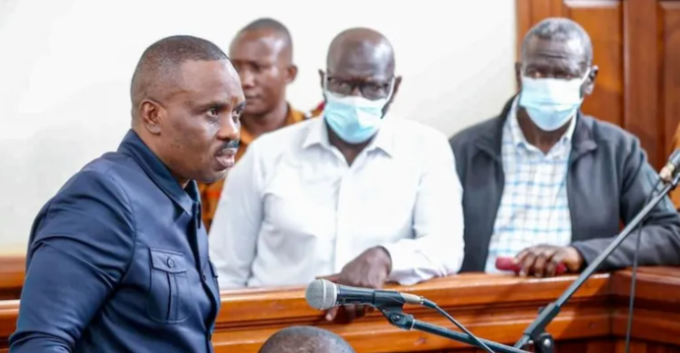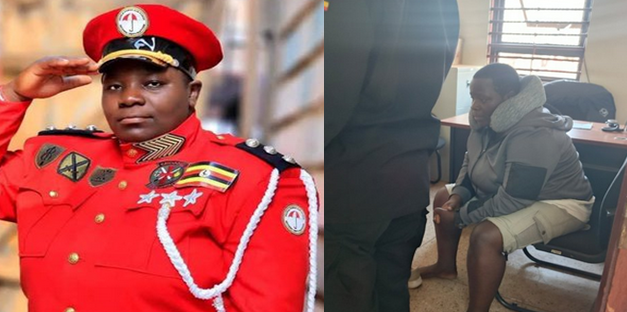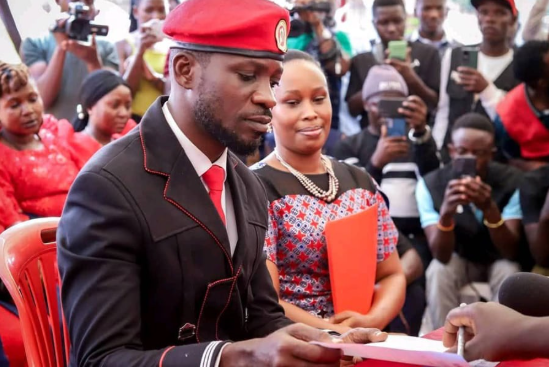President Yoweri Kaguta Museveni praised Members of Parliament for passing the controversial Uganda People’s Defence Forces (UPDF) Amendment Bill, 2025, a move he says saved the country from an explosive standoff between the army, judiciary, and Parliament.
Speaking at a leaders’ meeting in Mabaale Village, Luwero district, the President said: “There was going to be a serious problem. Some people were suggesting that if a soldier kills, rapes, or steals, they should be taken to civilian courts at the sub-county. That was going to cause a collision!”
The UPDF Amendment Bill, passed on May 20, 2025, expands the authority of military courts, allowing them to try not just soldiers but also civilians in specific cases including those found with military equipment or collaborating with soldiers in serious crimes like treason or murder.
Museveni reminded the country of a long-standing principle: “Even if you’re not a soldier, but you use a gun to commit crime, we’ll try you in army courts. That’s how we maintained discipline after the bush war.”
Insiders say the President was particularly furious at unnamed actors who wanted to “weaken” the army’s justice system by shielding criminal elements behind civilian legal loopholes.
Museveni had a stern message for those who backed alternative proposals: “Those involved have to repent. You were leading us into embarrassment”
The President said Uganda’s peace and stability have been secured through strong discipline and decisive leadership, not “soft politics.”
He credited the National Resistance Movement’s commitment to clean politics since 1986 for the peace Uganda enjoys today:
“We have 1.8 million refugees from the region. They’re here because Uganda has peace. Why? Because we didn’t joke with security matters” he said
The UPDF Bill has drawn sharp criticism from the opposition and human rights activists, who argue it blurs the line between military and civilian justice. But Museveni insists it’s the only way to stop indiscipline in the forces and among rogue elements who hide behind civilian identities.
With the Bill soon to become law, civilians caught dabbling in military crimes or working hand-in-hand with treasonous soldiers could find themselves in the dock of the Court Martial, no more hiding behind civilian status.
The bill stipulates that civilians can be tried in military courts under specific circumstances, particularly when involved in military-related offenses. This includes unauthorized possession of military equipment or collaboration with military personnel in serious crimes such as treason or murder.
Its an offence when unauthorized person possess, sales, or wears military uniforms and equipment designated as exclusive to the UPDF.
The bill restructures the military court system by establishing the General Court Martial, Division Court Martial, and Unit Court Martial. It outlines the jurisdiction and composition of these courts, ensuring that presiding officers meet specified qualifications. The bill also introduces a clear appellate process, allowing appeals from the General Court Martial to the Court of Appeal and ultimately to the Supreme Court.
The bill includes provisions to prevent the premature execution of death sentences. Specifically, it mandates that any death sentence handed down by a military court must be confirmed by the Supreme Court before execution, ensuring adherence to due process.




